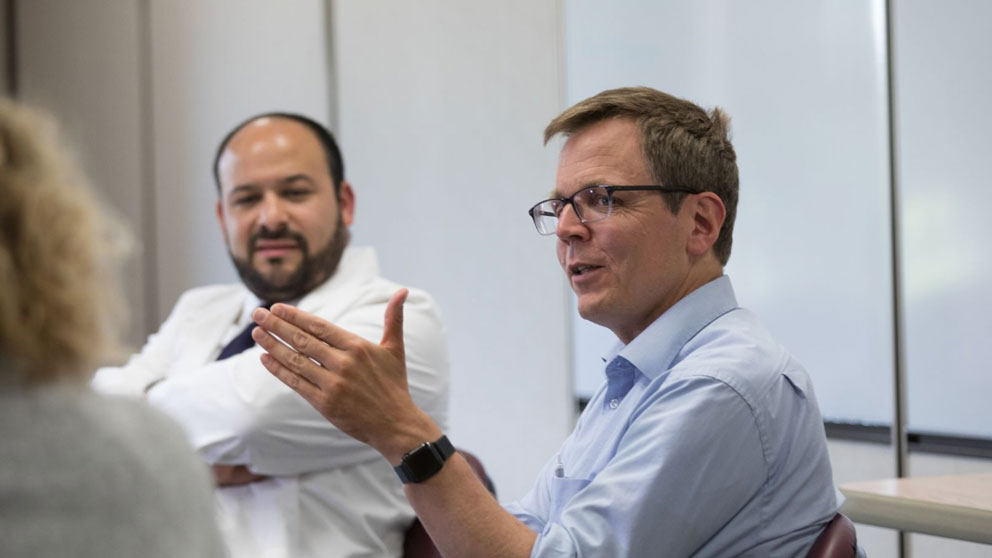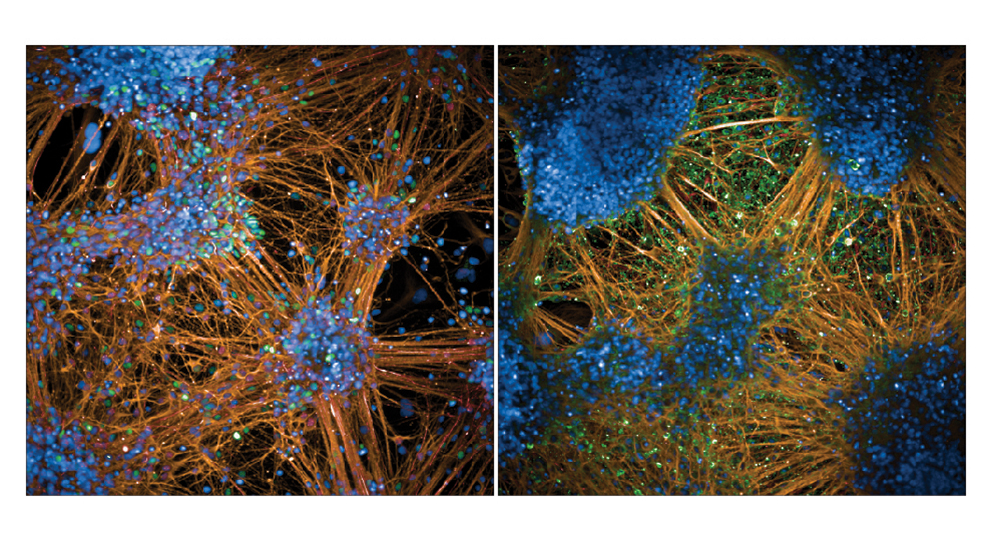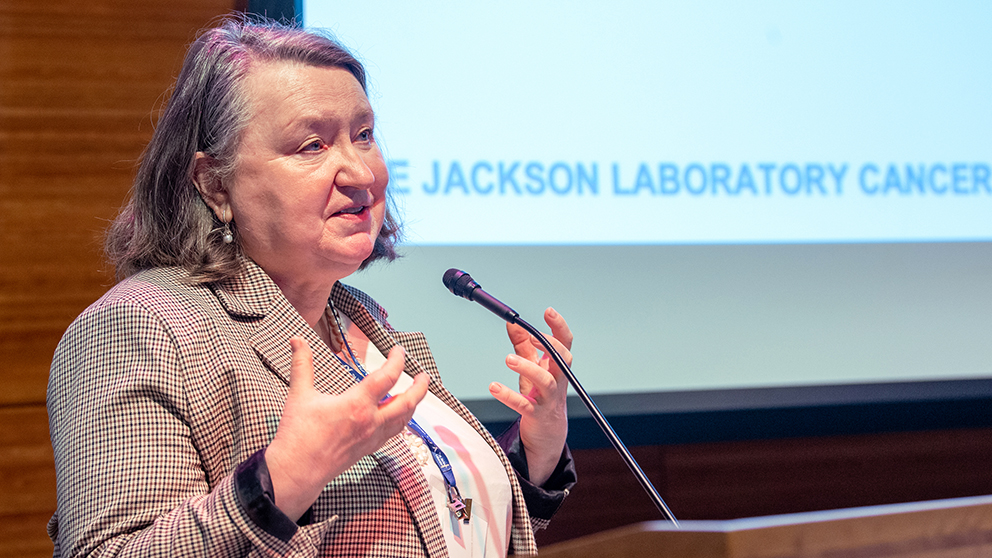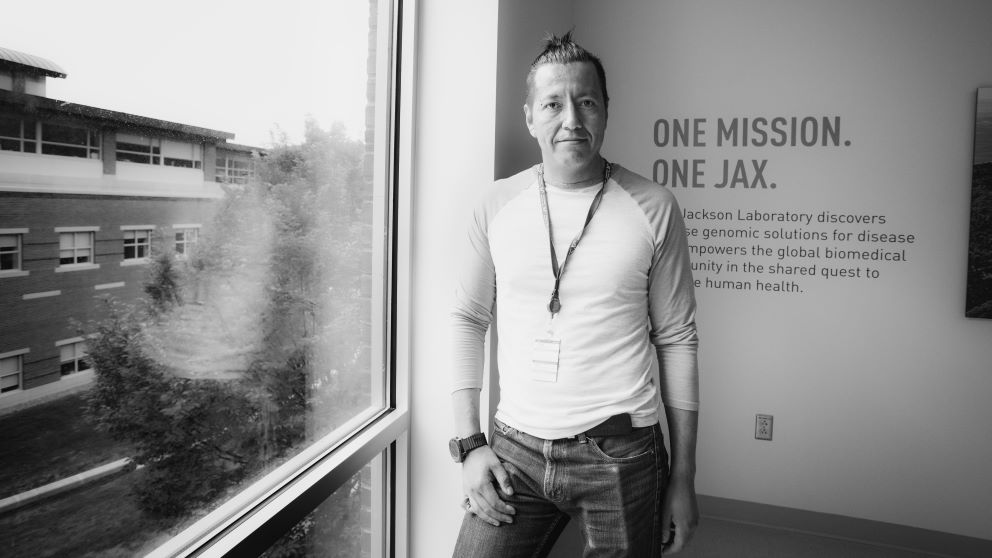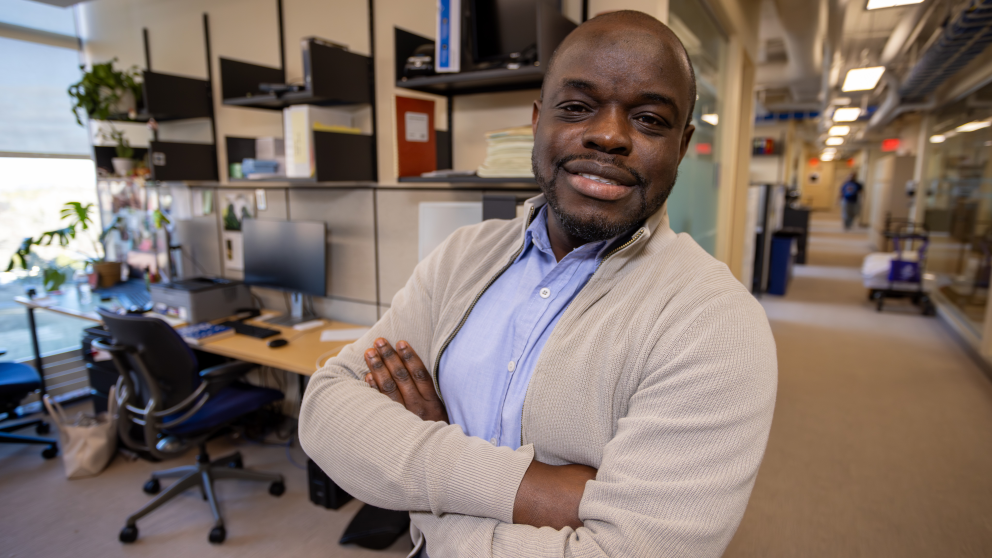The Lee Lab
The Lee Lab studies structural genomic variation in human biology, evolution and disease.
Principal Investigator
Location
Topics
Our Research Focus
The research laboratory of Dr. Charles Lee at The Jackson Laboratory for Genomic Medicine uses state-of-the-art technologies to study structural genomic variation in human biology, evolution and disease. Ongoing studies in our group include:
-
accurate identification and annotation of structural variation (SV) in human and other vertebrate genomes;
-
the development of new diagnostic assays and platforms for genomic medicine
-
Clinical Genetic Testing. Our research interest has focused on the application of new technologies and knowledge to develop novel clinical genetic tests which can improve our ability to diagnose a variety of diseases. We have evaluated the inherent limitations of current genetic testing methods and aim to improve on this. More recently, we have explored the ethical, legal and social implications (ELSI) of workplace genetic testing.
Dr. Lee is responsible for the scientific direction and coordination of The Jackson Laboratory (JAX) for Genomic Medicine. He joined JAX Genomic Medicine from Harvard Medical School and Brigham and Women's Hospital and is best known for his discovery of copy-number variation which is widespread and significant in the human genome. Throughout his career, Dr. Lee has received numerous accolades and awards for his research into the human genome, including an Award from the American Association for Cancer Research and the 2008 Ho-Am Prize in Medicine. He is an elected fellow of the American Association for the Advancement of Science (AAAS), a 2014 Thompson Reuters Citation Laureate and is currently president of the Human Genome Organization (HUGO).
Full Scientific Report
1. Accurate identification and annotation of structural variation (SV) in human and other vertebrate genomes
The goal of the 1000 Genomes Project is to provide a comprehensive database on human genetic variation. As part of the 1000 Genomes Project SV Group, our laboratory works to comprehensively and accurately identify structural variants (SVs) in the 2,535 human genomes from various ethnic populations around the world using specialized computer programs, DNA sequencing methods and other molecular technologies (e.g., Iafrate, et al., Nature Genetics 36:949, 2004, Mills et al. Nature 470:59, 2011).
2. The development of new diagnostic assays and platforms for genomic medicine
Our laboratory has had a long-standing interest in developing new diagnostic assays and platforms for genomic medicine (e.g. Lee et al. Lancet 357: 1240, 2001, Turke et al; Cancer Cell 17:77, 2010). In particular, we have been engaged in studies of cancer genome sequences and structures to provide insights for understanding cancer biology, diagnosis and therapy. In addition to our studies on cancer cytogenetics (e.g., Demichelis et al. Proc Natl Acad Sci USA 109:6686, 2012) we have initiated a large-scale project on mouse patient-derived xenografts (PDX) and cancer avatars for tumors from Asian patients. The "mouse avatar" is a personalized animal model of a patient's tumor, transplanted into immune-deficient mice, and subsequently used in both co-clinical trials for drug efficacy as well as the development of databases for genomic profiles and clinical outcomes. Essentially, this model allows oncologists to screen and/or identify the most effective anti-cancer drugs for a patients cancer.
3. Clinical Genetic Testing
Our research interest has focused on the application of new technologies and knowledge to develop novel clinical genetic tests which can improve our ability to diagnose a variety of diseases. We have evaluated the inherent limitations of current genetic testing methods and aim to improve on this. More recently, we have explored the ethical, legal and social implications (ELSI) of workplace genetic testing.
